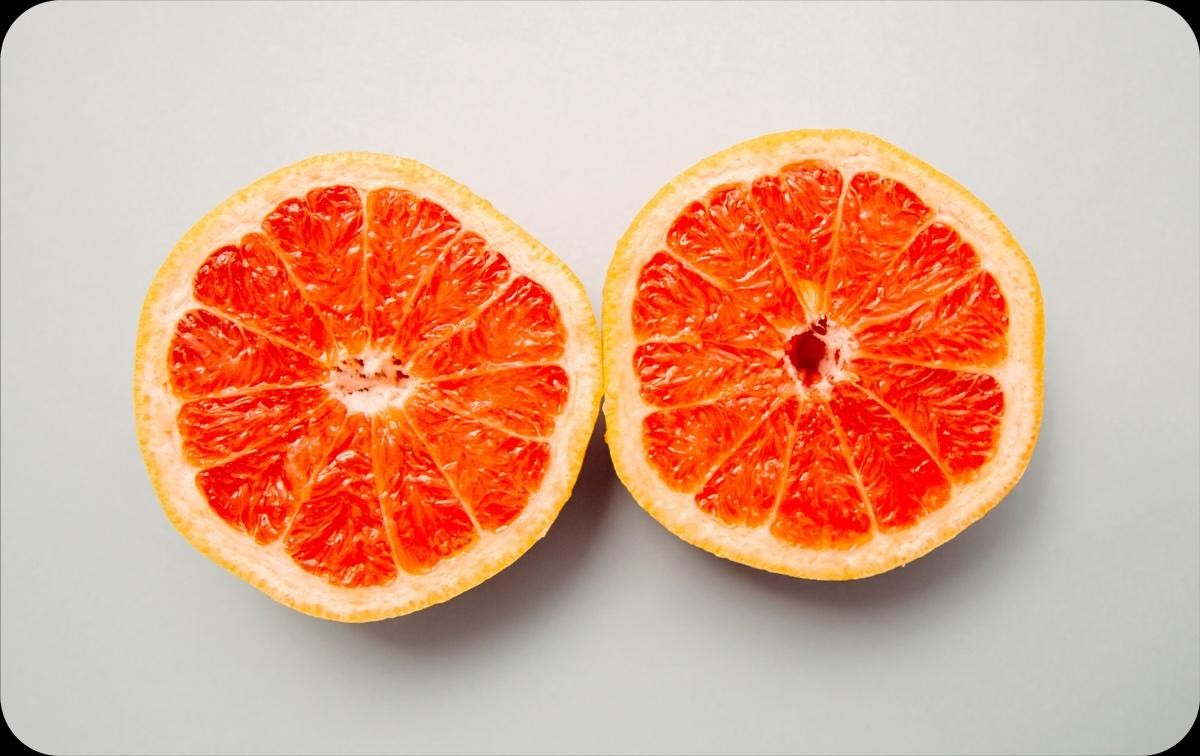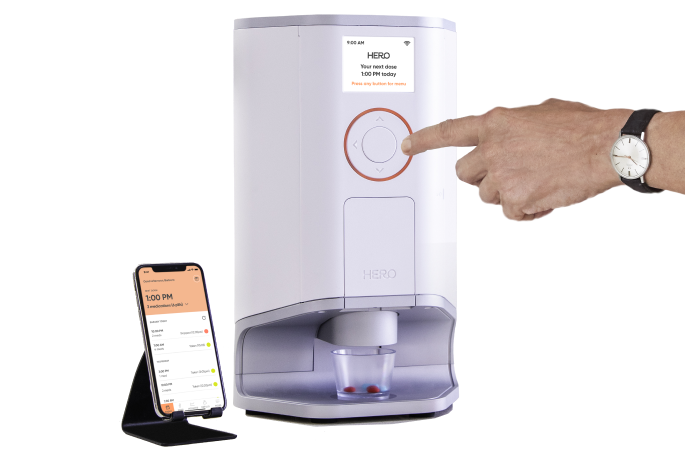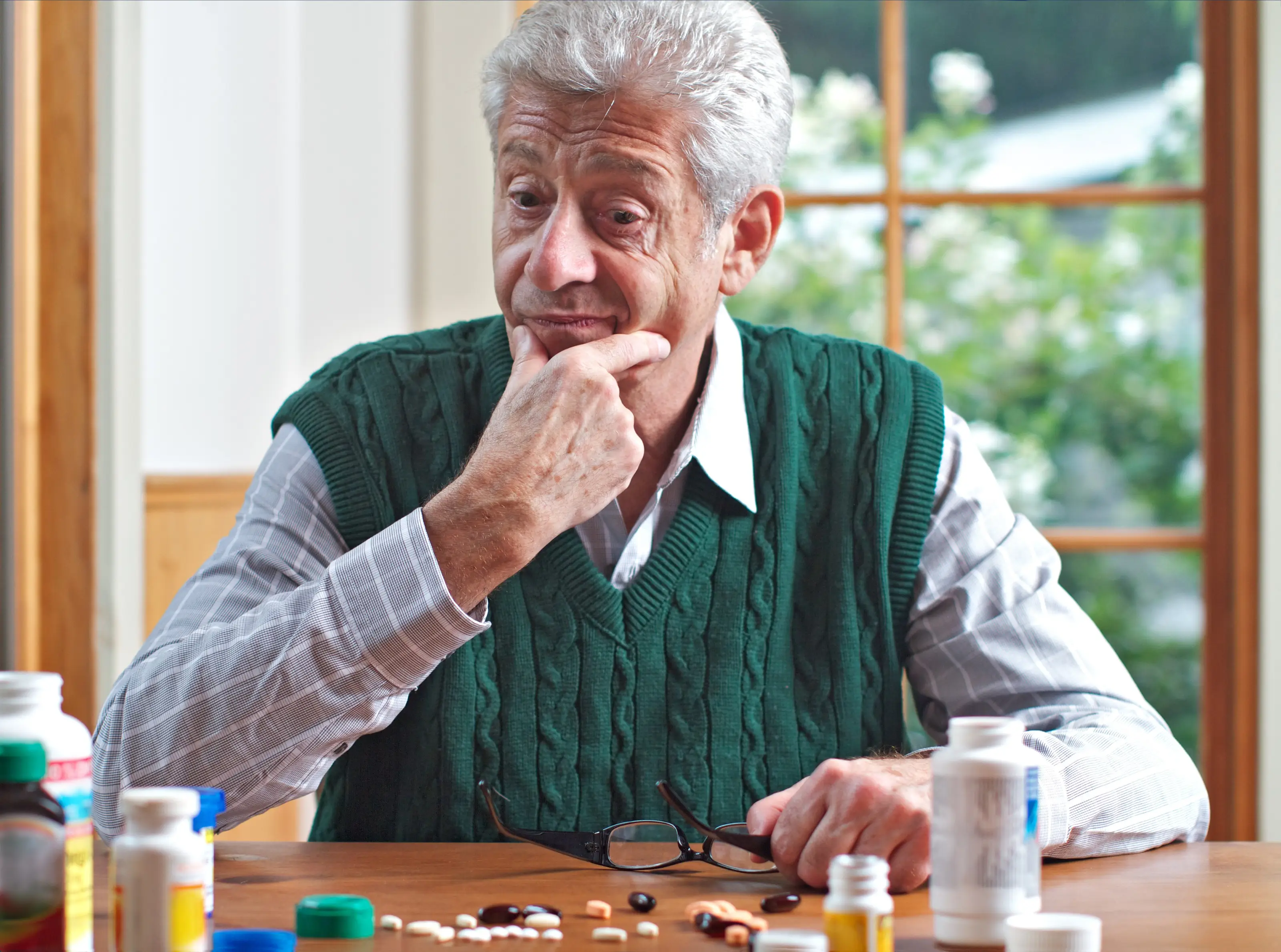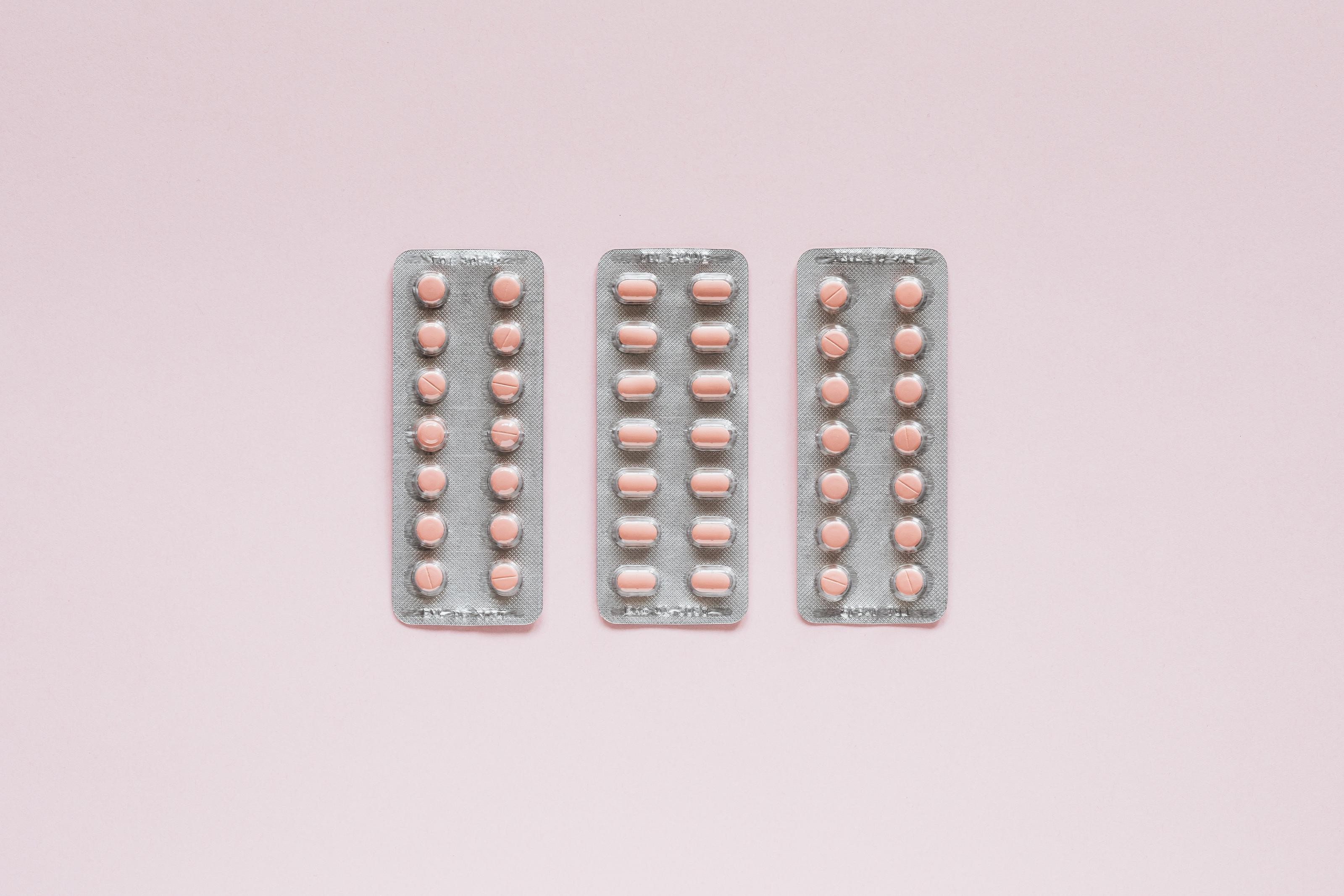5 Food & Medication Combinations You Should Avoid

Keeping track of your medications and each of their interactions can get complicated. Even foods considered nutritious may pose a health risk in combination with certain drugs. Some foods can increase or decrease the effectiveness of your medications—or render them toxic.
Consult your doctor:
We’ll cover several common, dangerous interactions, but this list is not exhaustive. Always check in with your doctor and pharmacist, and carefully review medication guides for potential food interactions.
5 food and medication combinations to avoid:
Grapefruit
While grapefruit can be part of a healthy diet, it becomes a serious risk to your health in combination with certain medications because it can change the medication’s efficacy. In some cases, grapefruit renders medications useless, and in others, grapefruit actually increases its potency.
Dairy
Dairy products such as milk, cheese, or yogurt can negate the effects of certain antibiotics. The antibiotics prescribed to battle an infection may bind with the calcium in dairy products, resulting in a potentially unabsorbable product within your body. Well known dairy interferences include antibiotics such as tetracycline, doxycycline, and ciprofloxacin.
Kale
Kale, leafy greens, and other foods rich in vitamin K can interfere with blood thinners such as warfarin. Vitamin K plays a vital role in helping your blood to clot when necessary. However, large quantities of vitamin K may “cancel out” the effectiveness of blood thinners, leaving you vulnerable to dangerous side effects.
Cheese & Charcuterie Boards
Aged cheeses, smoked meats, and other items frequently displayed on charcuterie boards may interfere with antidepressants if they fall under the category of monoamine oxidase inhibitors, or MAOIs. Combining these antidepressants with foods rich in the amino acid tyramine can cause life-threatening spikes in blood pressure. So if you’re taking these antidepressants, consult your doctor and resist the temptation to reach for the cheese board at your next get-together.
Alcohol
In mild cases, alcohol may decrease the effectiveness of certain drugs. In more severe cases, alcohol may render them toxic. The list of potentially dangerous medication + alcohol combinations is exhausting, but a well-known interaction is acetaminophen. Avoid drinking alcohol if you take Tylenol, or generic versions of acetaminophen, as doing so can lead to liver damage. Additionally, alcohol mixed with stimulant drugs—such as those prescribed for ADHD—can be fatal if you don’t recognize how intoxicated you are. Always check with your doctor and use caution before consuming alcohol with any medication.
Complex med schedule? We solved it.
Hero’s smart dispenser reminds you to take your meds and dispenses the right dose, at the right time.

The contents of the above article are for informational and educational purposes only. The article is not intended to be a substitute for professional medical advice, diagnosis, or treatment. Always seek the advice of your physician or other qualified clinician with any questions you may have regarding a medical condition or its treatment and do not disregard professional medical advice or delay seeking it because of information published by us. Hero is indicated for medication dispensing for general use and not for patients with any specific disease or condition. Any reference to specific conditions are for informational purposes only and are not indications for use of the device.



